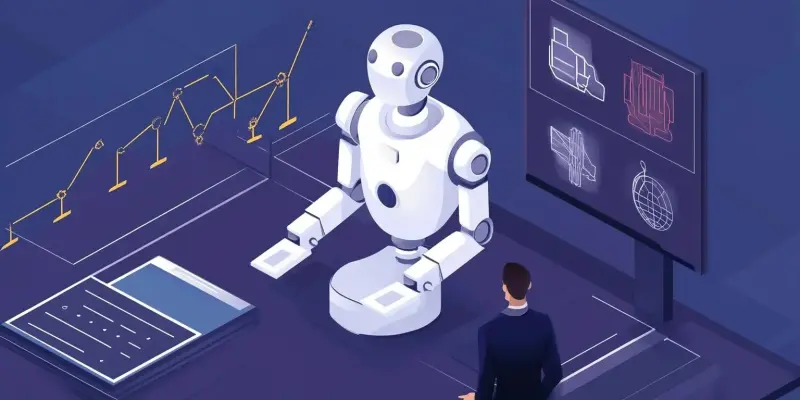The Consumer Protection Authority (CPA) in Muscat recently organized a workshop aimed at driving digital innovation through robotic process automation (RPA) among administrative employees. This initiative was conducted by Yusra bint Saif al Maamariyah from the General Directorate of Digital Transformation and Sector Empowerment at the Ministry of Transport, Communications and Information Technology (MoTCIT). The session put a spotlight on the application and significance of emerging technologies, such as artificial intelligence, the Internet of Things, and RPA, with the primary goal of enhancing work mechanisms, fostering joint cooperation, and exchanging practical experiences among the participants.
Advantages of Implementing RPA
One of the key topics discussed during the workshop was the essential role of process automation in improving productivity, saving time, and reducing costs. RPA has immense potential to transform various processes by automating repetitive and mundane tasks, which in turn allows employees to focus on more strategic and value-added activities. The benefits of RPA were clearly highlighted, including boosted efficiency and improved quality of work. Practical examples and tools for automation were also shared to provide attendees with a tangible understanding of how RPA can be integrated into their workflows. By eliminating manual entry and reducing the potential for errors, RPA can significantly enhance the overall accuracy and speed of operations, leading to substantial time and cost savings.
Challenges and Strategies to Overcome Them
The workshop addressed the obstacles that organizations might face when adopting RPA, such as resistance to change, the initial cost of implementation, and the need for proper training. Strategies to overcome these challenges include fostering a culture of innovation, securing management support, and investing in comprehensive training programs. By tackling these issues head-on, the CPA hopes to create a more adaptable and forward-thinking administrative workforce capable of leveraging RPA and other advanced technologies to their full potential.

